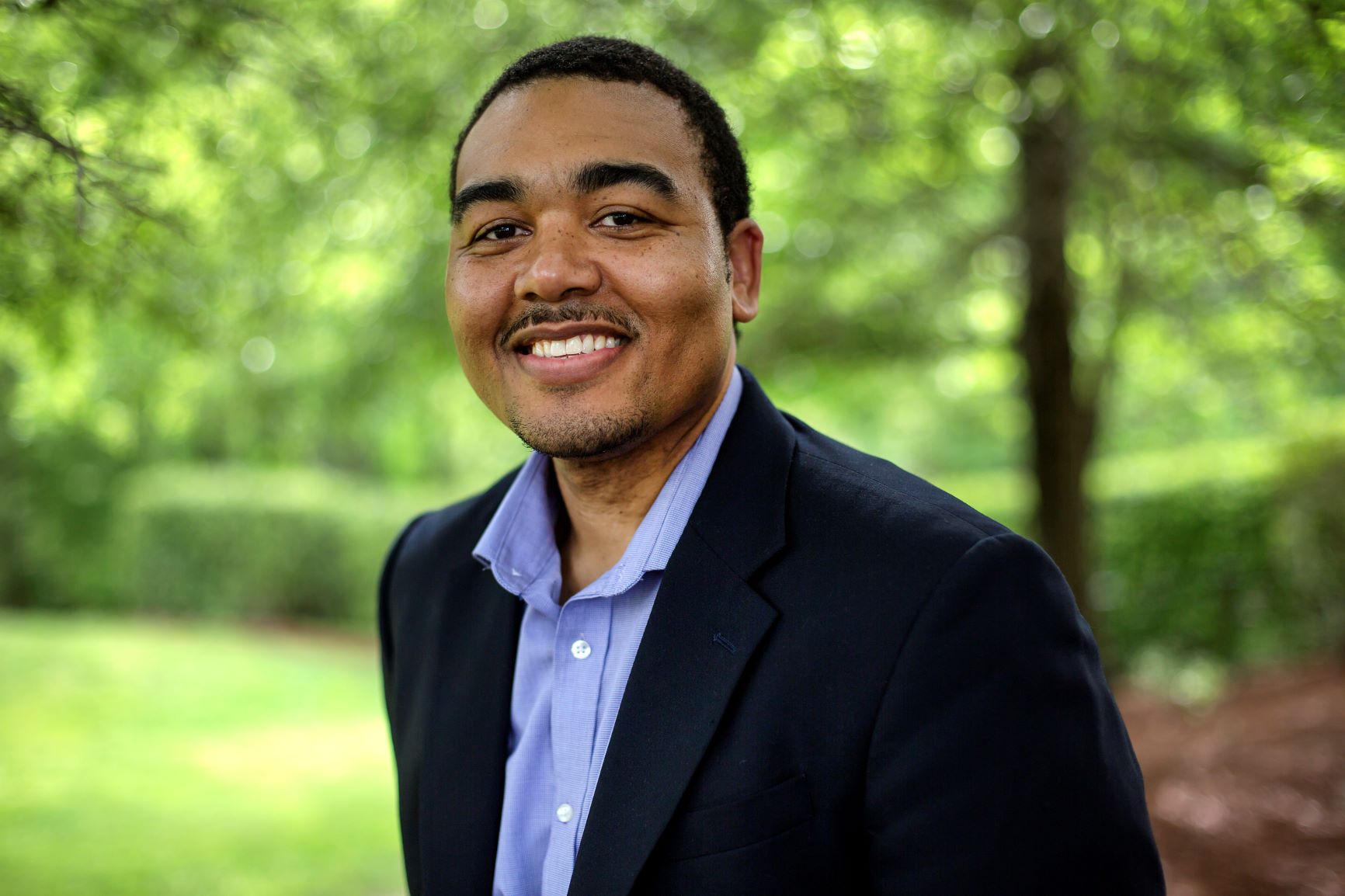Home > SMART Center 2022 Virtual Speaker Series
The Northwest MHTTC was excited to co-sponsor the UW SMART Center's Fourth Annual 2022 Speaker Series. Originally a series of in-person events, we have moved these presentations to a virtual format due to COVID-19. Learn more about the UW SMART Center here.
The UW SMART Center Speaker Series was honored to provide another year of UW SMART Center Speaker Series. This resource provides all the link to each session including a Spanish translated recording for each. Please feel to distribute this Resource Guide to any interested individuals.
Please Note: Certificate of Attendance and Washington state clock hours will be available for attendees of the live session.
Description:
School mental health services increase access to mental health care for children and adolescents. However, significant disparities remain in the appropriateness, quality, effectiveness, and outcomes of school mental health services, particularly among students from marginalized racial/ethnic groups and/or families with low income. The COVID-19 pandemic has increased mental health challenges among students and exacerbated disparities in school mental health services. The purpose of this presentation is to provide strategies for addressing mental health disparities and advancing mental health equity in schools.
Recording & Resources:
Objectives:
Kimberly T. Arnold, PhD, MPH
Assistant Professor of Family Medicine and Community Health @University of Pennsylvania Perelman School of Medicine
Dr. Kimberly Arnold is a public health researcher and practitioner who addresses health disparities disproportionately experienced by Black Americans and engages in multi-sector collaboration to address inequities in social determinants of health in the areas of food security, housing, education, and mental health care access and quality. Dr. Arnold is a leader in health equity, community engaged research approaches, and implementation science. She conducts research—in partnership with community members, practitioners, and policymakers—to increase and improve the adoption, implementation, and sustainability of evidence-based mental health interventions in community settings with a focus on schools and churches. Dr. Arnold earned a BA in Biology with minors in African American Studies and Health from the College of Charleston in 2012, MPH from the Drexel University Dornsife School of Public Health and Human Rights in 2014, and PhD in Health Policy and Management and certificate in Community-Based Public Health from the Johns Hopkins Bloomberg School of Public Health in 2019. In 2021, she completed a National Institute of Mental Health T32 postdoctoral fellowship in implementation science, mental health services research, and academic-community partnerships at the Penn Center for Mental Health. Dr. Arnold is currently an Assistant Professor of Family Medicine and Community Health at the University of Pennsylvania Perelman School of Medicine.
Description:
The dual pandemics of COVID-19 and racism have served as stark reminders of longstanding inequities in our society. These pandemics have exacerbated disparities for more vulnerable and marginalized groups, including those occupying the intersection of race and disability. This is also true for the ongoing disparities in autism that we must reckon with and that have contributed to differential access to a timely diagnosis, experiences with services, and poorer outcomes for some children and families who are racially and linguistically diverse. This presentation will address how structural racism and implicit bias have likely contributed to these disparities as well as pose potential solutions and next steps for the field to address these vexing issues.
Recording & Resources:
Objectives:

Brian Boyd, Ph.D.
Professor and Director of the Juniper Gardens Children’s Project @University of Kansas
Dr. Brian Boyd is Professor and Director of the Juniper Gardens Children’s Project at the University of Kansas. As Director of a community-based, applied research center focused on child development, he has been heavily engaged in research that involves the most vulnerable, and often marginalized, populations. As a special educator by training, much of his research has involved the development and evaluation of evidence-based practices that could be implemented within school-based contexts. This work led to some of the first comparative efficacy studies of classroom-based interventions for preschool-aged children on the autism spectrum. His more recent work has focused on how issues of implicit bias and race affect the lives and outcomes of families and autistic individuals of color, and strategies to address known racial / ethnic disparities. Dr. Boyd’s work has been continuously funded by both the Institute of Education Sciences and the National Institutes of Health. Currently, he serves on multiple national boards that are dedicated to improving the outcomes of individuals with disabilities and those from historically underserved communities.
Description:
Resilience is the capacity to successfully adapt to challenging situations without long-term negative effects, and today our students and teachers need resilience more than ever. At its core, teaching is an emotional practice. The social and emotional dynamics of the classroom play a key role in promoting student learning and fostering prosocial behavior. Drawing upon basic and applied research in the fields of neuroscience, psychology and education, this talk will provide valuable information about how mindfulness- and compassion-based approaches can help teachers manage the stressful demands of the classroom, cultivate an exceptional learning environment, and revitalize teaching and learning.
Recording & Resources:
Learning Objectives:

Patricia (Tish) Jennings, PhD, MEd
Professor of Education at the School of Education and Human Development @University of Virginia
Patricia (Tish) Jennings is an internationally recognized leader in the fields of social and emotional learning and mindfulness in education and Professor of Education at the School of Education and Human Development at the University of Virginia. Her research places a specific emphasis on teacher stress and how it impacts the social and emotional context of the classroom, as articulated in her highly cited theoretical article "The Prosocial Classroom." Jennings led the team that developed CARE, a mindfulness-based professional development program shown to significantly improve teacher well-being, classroom interactions and student engagement in the largest randomized controlled trial of a mindfulness-based intervention designed specifically to address teacher occupational stress. She is a co-author of Flourish: The Compassionate Schools Project curriculum, an integrated health and physical education program and is co-Investigator on a large randomized controlled trial to evaluate the curriculum’s efficacy. She is currently the Principal Investigator of Project CATALYZE, a study that will examine whether CARE enhances the effectiveness of a social and emotional learning curriculum funded by an Education Innovation Research grant from the US Department of Education to conduct. A member of the National Academy of Sciences Committee on Fostering Healthy Mental, Emotional, and Behavioral Development among Children and Youth, she was awarded the Cathy Kerr Award for Courageous and Compassionate Science by the Mind & Life Institute in 2018 and recently recognized by Mindful Magazine as one of "Ten Mindfulness Researchers You Should Know." Earlier in her career, Jennings spent more than 22 years as a teacher, school director and teacher educator. She is the author numerous peer-reviewed journal articles and chapters and several books: Mindfulness for Teachers: Simple Skills for Peace and Productivity in the Classroom, The Trauma-Sensitive School: Building Resilience with Compassionate Teaching, Mindfulness in the Pre-K-5 Classroom: Helping Students Stress Less and Learn More, part of Social and Emotional Learning Solutions, a book series by WW Norton of which she is editor. Her latest book, Teacher Burnout Turnaround: Strategies for Empowered Teachers, was released in December 2020.
Recording & Resources:
Learning Objectives:
Walter Gilliam, PhD
Professor of Child Psychiatry and Psychology, Director of the Edward Zigler Center in Child Development and Social Policy @Yale University Child Study Center
Walter S. Gilliam is the Elizabeth Mears & House Jameson Professor of Child Psychiatry and Psychology at the Yale University Child Study Center and Director of the Edward Zigler Center in Child Development and Social Policy. Dr. Gilliam is Vice President of ZERO TO THREE, a past president of Child Care Aware of America; a board director for the Irving Harris Foundation, First Children’s Finance, and All Our Kin; and a former Senior Advisor to the National Association for the Education of Young Children. He is frequently quoted in major national and international news outlets, and actively provides consultation and invited testimony to decision-makers in the U.S. and other countries. He was co-recipient of the prestigious 2008 Grawemeyer Award in Education for the coauthored book, A Vision for Universal Preschool Education.

Tunette Powell, PhD
Director of Equity, Inclusion and Community @Mirman School, Los Angeles
Dr. Tunette Powell is an activist mama, storyteller and scholar of race, kinship, trauma, racism and knowledge whose current research centers on Black families with children in early childhood education and school-induced collective trauma. She currently serves as the Director of Equity, Inclusion and Community at the Mirman School in Los Angeles. Dr. Powell earned her PhD in Education from the University of California, Los Angeles. She formerly served as the interim director of the UCLA Parent Empowerment Project.
Want more information and school mental health resources? Visit the Northwest MHTTC's School Mental Health page and sign up for our newsletter for regular updates about events, trainings, and resources available to the Northwest region.